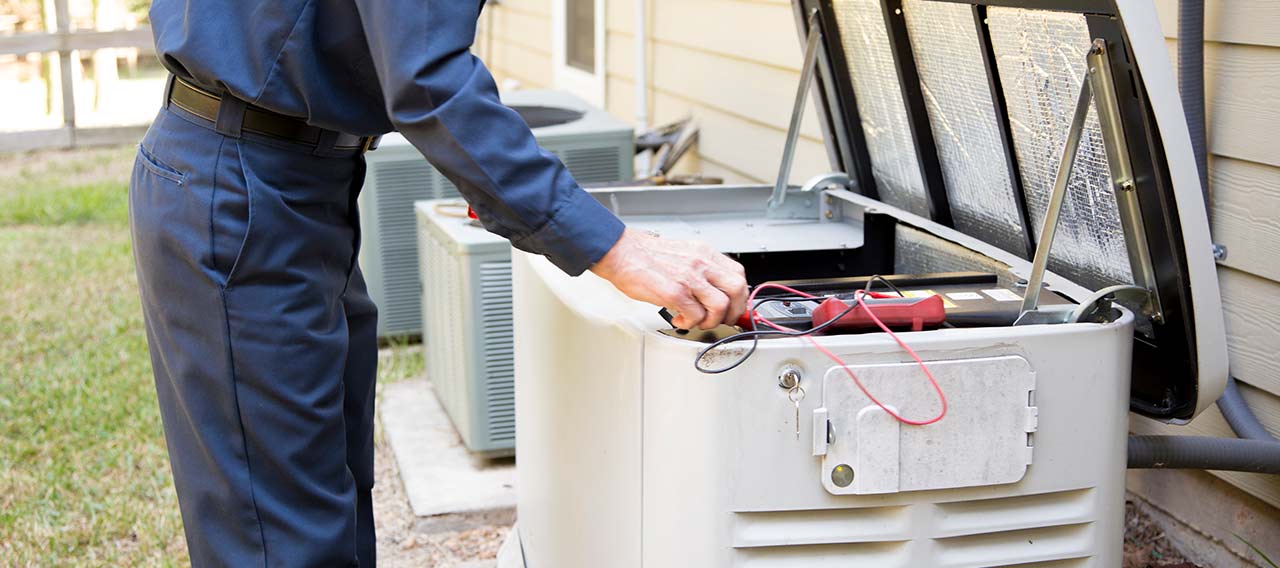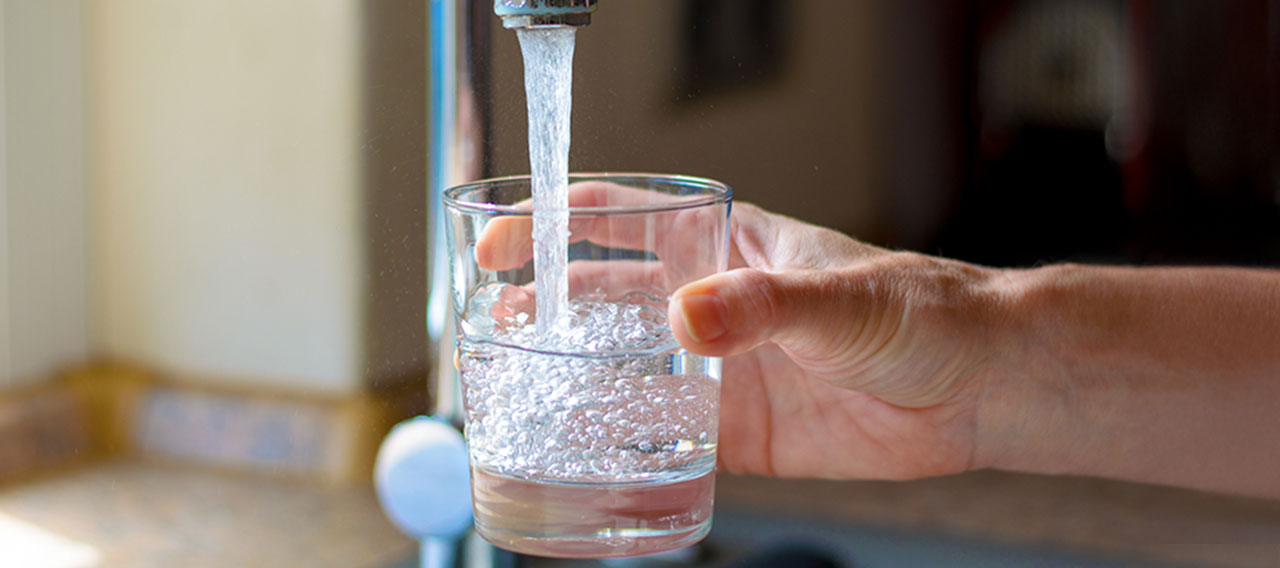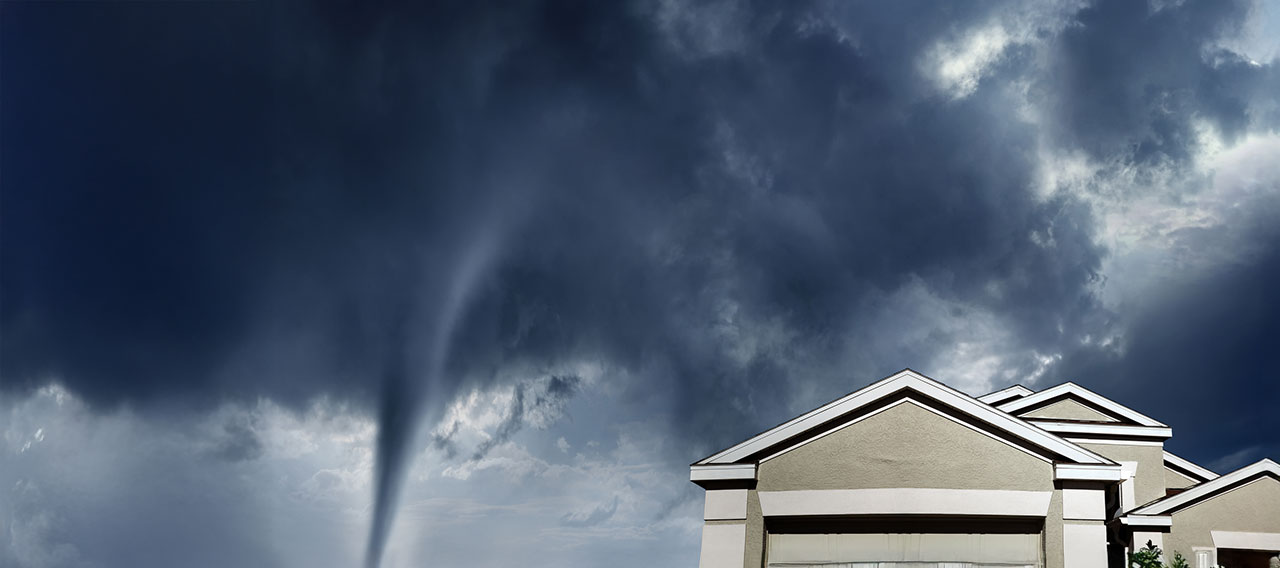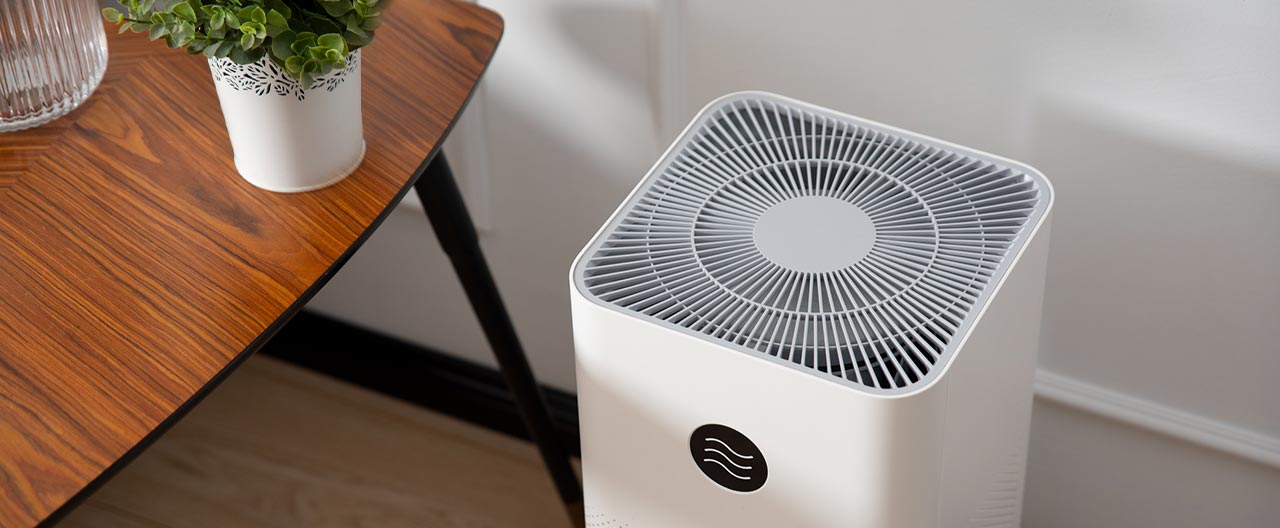- Individuals & Families
- Businesses
- Agents & Brokers
- Embedded Insurance

Chubb ranked #1 for Customer Satisfaction with the Home Insurance Claims Experience

Chubb ranked #1 for Customer Satisfaction with the Home Insurance Claims Experience

Chubb ranked #1 for Customer Satisfaction with the Home Insurance Claims Experience

Chubb ranked #1 for Customer Satisfaction with the Home Insurance Claims Experience

Because pets are family, Chubb now offers pet insurance with top-rated coverage from Healthy Paws.

Chubb offers the insurance protection you need for travel’s many “what ifs”.

Chubb protects small businesses at every stage – from newly formed start-ups to long-time anchors of the community.

Stay ahead of cyber threats with our free Cyber Claims Landscape Report.

Learn more about our dedicated learning paths, Online Learning Center, and more.

Many digital-savvy consumers look for it as a core or add-on option.

Many digital-savvy consumers look for it as a core or add-on option.

Many digital-savvy consumers look for it as a core or add-on option.

Chubb’s in-house technology makes it easy to integrate what we do into your customer experience.
-
About
-
Claims
-
Login & Pay Bill
For Agents & BrokersFor Travel Advisors
-
Back
Clean air and water are the most important resources that have a direct impact in our daily lives and are being depleted at a rapid rate. Some of the major causes for depletion of natural resources are overpopulation, poor farming practices, deforestation, and pollution.1
Air and water are fundamental resources from earth which we need to sustain a healthy life. It is crucial that we engage in conserving these resources for present and future generations.
Sustainability, conservation, and healthy living starts at home. Here are some quick tips to evaluate and assess how you can promote healthy living while being ecofriendly.
Maintain good indoor air quality
Have an air quality check done by a professional. They can walk through your home and use devices to test the air quality for free floating harmful elements, such as radon and other pollutants. Additionally, having clean air circulating at home, will allow you to use your cooling/HVAC system efficiently and to maintain an ambient temperature extending the life of these units and most importantly leading to a healthier environment in your home.
According to the U.S. Environmental Protection Agency, common causes for poor indoor air quality (IAQ) are2:
- Not enough ventilation, lack of fresh outdoor air, or contaminated air being brought into the building
- Poor upkeep of ventilation, heating, and air conditioning systems
- Dampness and moisture damage due to leaks, flooding, or high humidity
- Occupant activities, such as construction or remodeling
- Indoor and outdoor contaminated air
When building or remodeling homes, builders and contractors should refer to the U.S. Environmental Protection Agency’s (EPA’s) indoor airPLUS guide.3
To effectively manage your IAQ, one should measure the air quality outside, as it influences indoor conditions. The EPA’s AirNow4 mobile app provides information on outdoor air quality for free on iOS and Android devices.
Maintaining good IAQ leads to a reduction of one’s carbon footprint, as you will be able to conserve and utilize your HVAC systems and appliances efficiently. Here are some tips to monitor and maintain a healthy IAQ:
- Install indoor air monitoring devices that measure air quality in real-time and provide alerts on your smart phone
- Use air purifiers (stand alone, mesh/membrane)
- Change and maintain filters in HVAC systems and appliances
- Maintain a schedule for vent (HVAC and dryer) cleaning
Create a water efficient home
There are many ways to increase water efficiency at home. Water quality checks are helpful as they will identify harmful chemicals that can cause erosion of your pipes and more importantly in your drinking water. The Environmental Working Group5 provides updates on quality of tap water based on zip codes6. Bad water quality is detrimental to your appliances and plumbing. For example, excessive sedimentation or chemical deposits can lead to pipe corrosion, and eventually, to leaks, causing costly water damage.
The Water Quality Association7 is a non-profit organization for the residential and commercial water treatment industry. The association provides a list of certified professionals that can test the quality of water in your home. Based on your water quality score, you can source water filters/filtration devices that will help in mitigating risk. When purchasing a water filtration system, be sure to look for the National Sanitation Foundation (NSF) seal of approval. The NSF mark assures consumers, retailers, and regulators that certified products have been rigorously tested to comply with all standard requirements.

Tips to save water at home
Additional things you can do in your home to conserve water are8:
- Install high efficiency toilets
- Fix leaks immediately
- Recycle indoor water/rainwater to water plants and your yard
- Take shorter showers
Pollution Prevention Tips for Water Conservation:
- Compost your food scraps rather than using a garbage disposal in your sink9
- Make sure that you maintain septic and sewer city guidelines
- Check your water quality regularly, and alert city office if levels of contaminates increase
Research and advance technology are paving the way to innovative devices and solutions to help in conserving earth’s resources. Communities should continue to support and protect their homes and the environment by utilizing these tools and solutions which will lead to efficient homes and lower the erosion of the earth’s resources.
1 https://www.conserve-energy-future.com/causes-effects-solutions-depletion-natural-resources.php
2 https://www.osha.gov/indoor-air-quality
3 https://www.epa.gov/indoorairplus
4 https://www.airnow.gov/airnow-mobile-app/
5 ewg.org
6 https://www.ewg.org/tapwater/
7 WQA.org
8 https://saveourwater.com/how-to-save-water/#2
9 https://www.epa.gov/p2/pollution-prevention-tips-water-conservation
Insights and expertise








Get a personal insurance quote
Work with an independent agent to get personalized insurance solutions.
This document is advisory in nature and is offered as a resource to be used together with your professional insurance advisors in maintaining a loss prevention program. It is an overview only, and is not intended as a substitute for consultation with your insurance broker, or for legal, engineering or other professional advice.
Chubb is the marketing name used to refer to subsidiaries of Chubb Limited providing insurance and related services. For a list of these subsidiaries, please visit our website at www.chubb.com. Insurance provided by ACE American Insurance Company and its U.S. based Chubb underwriting company affiliates. All products may not be available in all states. This communication contains product summaries only. Coverage is subject to the language of the policies as actually issued. Surplus lines insurance sold only through licensed surplus lines producers. Chubb, 202 Hall's Mill Road, Whitehouse Station, NJ 08889-1600.


